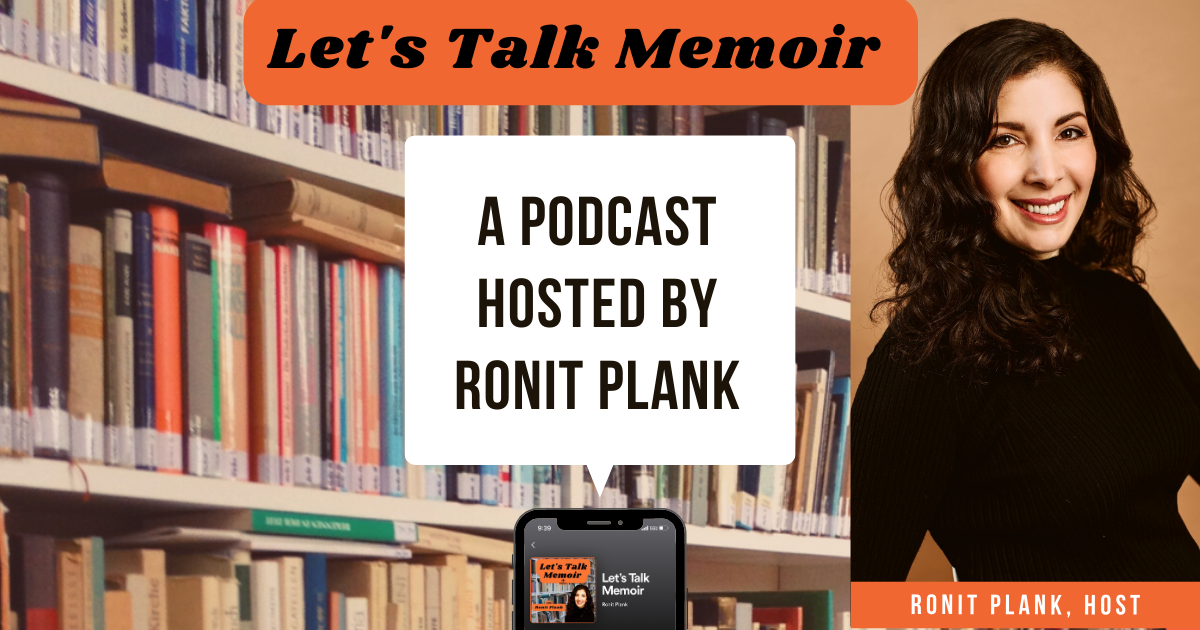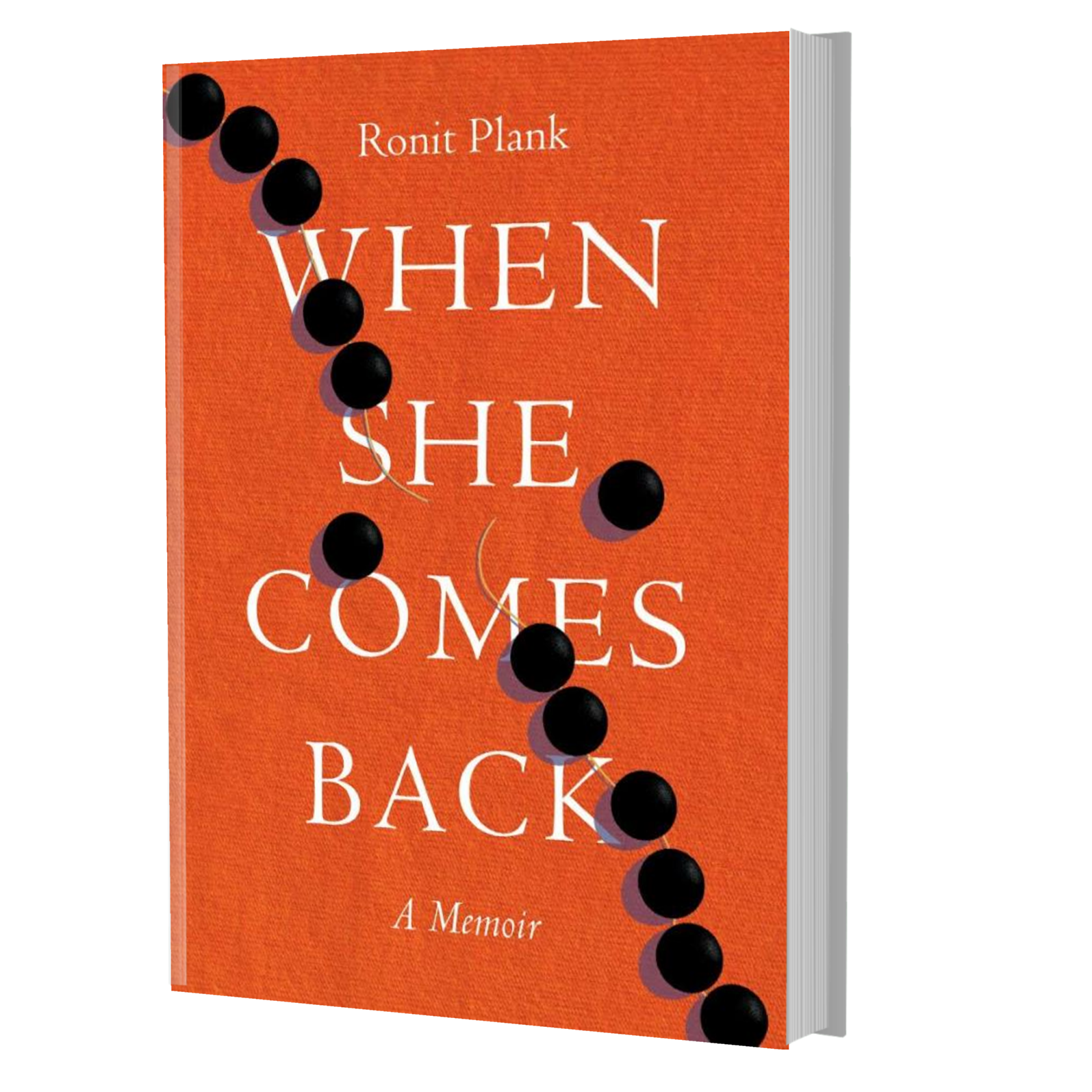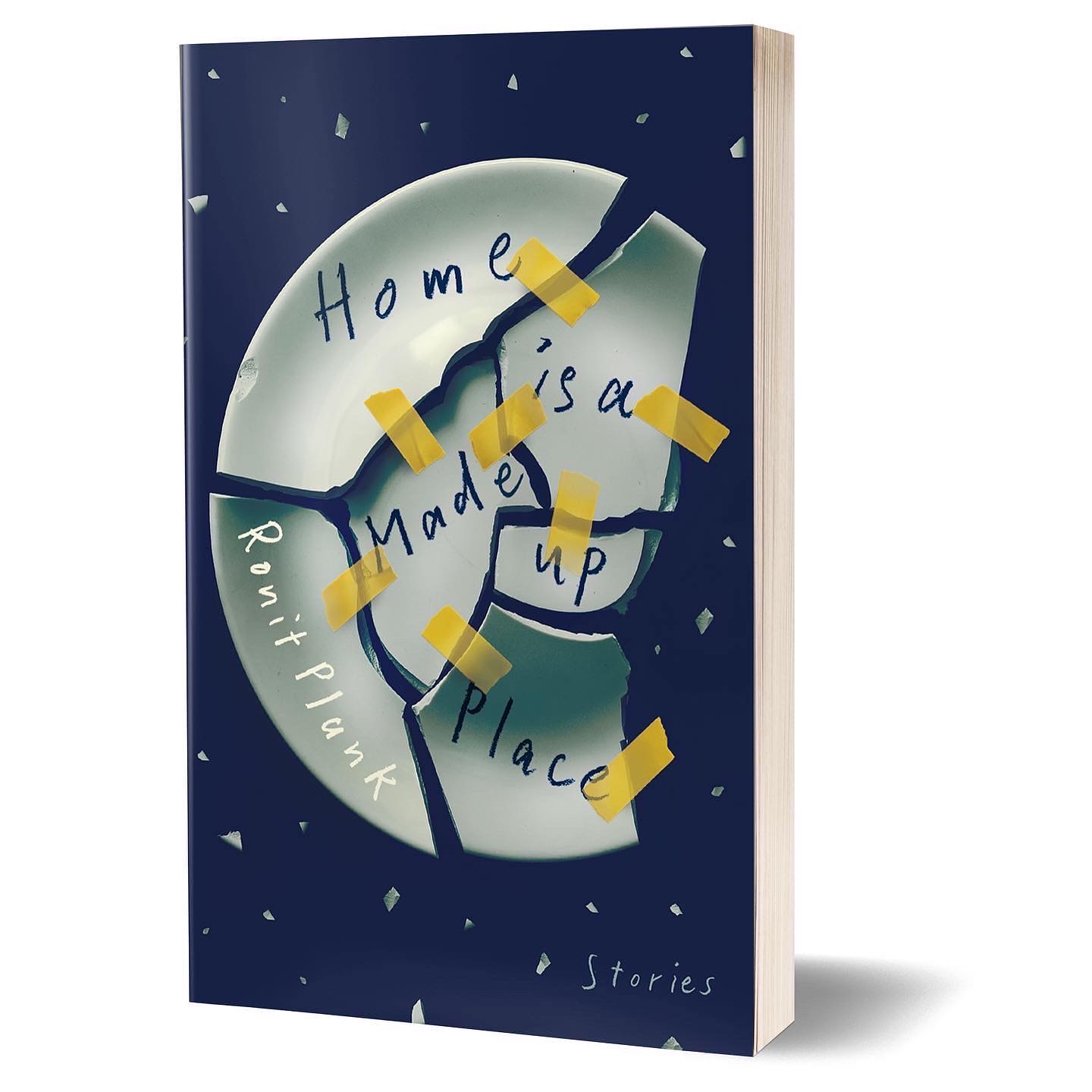Ronit Plank is a writer, teacher, podcast host & speaker who believes that stories save us.
Ronit Plank is a writer, teacher, podcast host & speaker who believes that stories save us.

Upcoming Events
- My upcoming 10-week online memoir course through University of Washington's Professional and Continuing Education department is open for registration as of 10.15.25. Memoir Writing: Finding Your Story begins 3.30.26 and meets evenings from 6:00-9:00 pm PT. Here's the link for more information.
- March 5: Reading at Must Love Memoir (RSVP here) with Annie Liontas, Jeannie Vanasco, Chet'la Sebree, Hyeseung Song, Arianna Rebolini, and Krystal Marie Orwig: Meander Arts Bar, 1801 E Lombard St Baltimore, MD 21231
-
March 6: 2:00PM Book Signing at Prose Playground’s table at the AWP Book Fair, Baltimore. And find me at Prose Playground’s table 3/5-3/7 for my books and Let’s Talk Memoir T-shirts and stickers.
- March 7: Reading at Hippocampus Launch Party Hippocampus Magazine Anthology Launch & 15th Anniversary Party: Selected Memories Vol. 2
- May 2: 11:30-1 Author Panel at the Woodinville Library, WA: Putting Mom on the Page (Without Getting Grounded)
- Sept 30-Oct 4: Writing Dynamic Memoir: From Lived Experience to Gripping Story With Ronit Plank and Glenn Stout in-person workshop in Archer City, Texas

Stories save us.
Let’s Talk Memoir is a podcast for memoir lovers, readers and writers, featuring interviews with memoirists about their writing process, their challenges, and what they’ve learned about sharing the most personal of narratives. Hosted by writer, speaker, and memoirist Ronit Plank, each episode highlights different aspects of the memoir writing experience, writing tips, and inspiration.
Recently on Let’s Talk Memoir
Episode 228 ft. Dorothy Roberts
Dorothy Roberts joins Let’s Talk Memoir for a conversation about her father’s interviews beginning in the 1930s with over 500 back-white couples who crossed the color line in Chicago, moving to memoir to explore more personal experiences and feelings, growing up in a...
Episode 227 ft. Rebecca N. Thompson, MD
Rebecca N. Thompson, MD joins Let’s Talk Memoir for a conversation about life-threatening pregnancy losses and weaving her own story of navigating a challenging path to parenting with the stories of others, her decade-long collaboration with a remarkable group of...
Praise for Let’s Talk Memoir and Ronit Plank
Books by Ronit Plank
When She Comes Back
“An intimate, intuitive, emotionally vivid account that finds hope in reconciliation.” – Kirkus Reviews
When She Comes Back is a memoir about the loss of Ronit’s mother to the Bhagwan Shree Rajneesh, the guru at the center of the Netflix docuseries Wild Wild Country, and their eventual reconciliation. It’s also the story of a family trying to find itself, grownups who don’t know how to be adults, and what happens when the person your life revolves around can’t stay.
Home Is a Made Up Place
“A poignant and melancholy collection of stories about the constant search for a place to belong.” – Kirkus Reviews
Bracing and intimate, Home is a Made-Up Place is a collection of stories about reclaiming personal power, recognizing the difference between what can and cannot be changed, and the pull of familial attachments despite the toll they might take.


